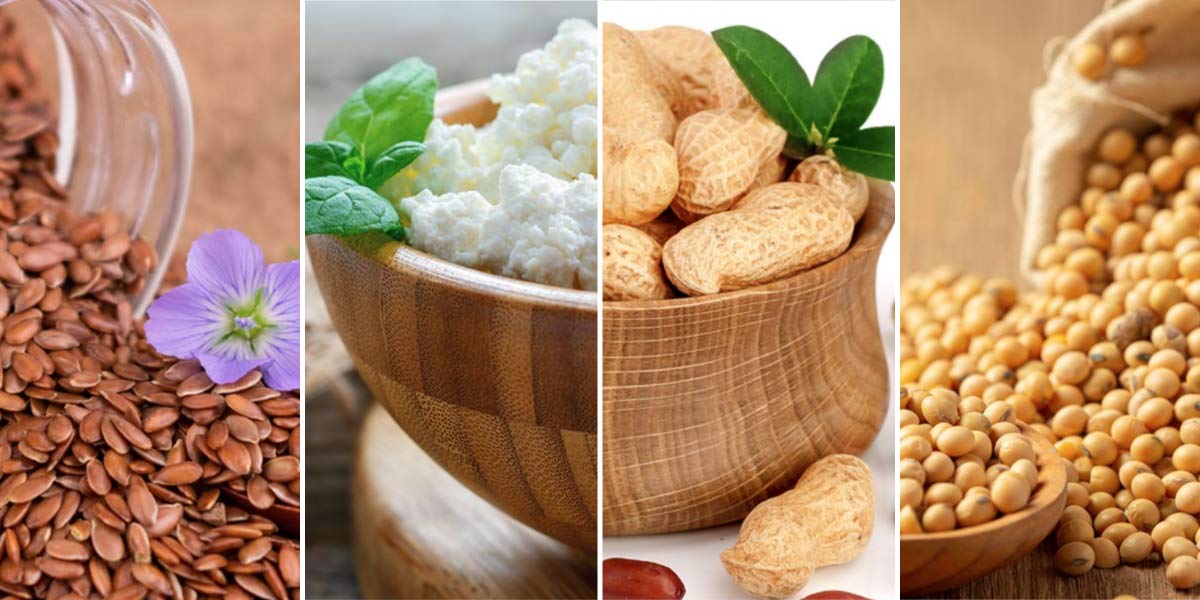The number of people adopting a more plant-based diet is increasing every year, and most people debating this shift are generally concerned about what this would mean for their nutrition intake - especially protein.
Protein is a key nutrient that’s essential for us to be able to grow and maintain muscles, and keep our skin and hair healthy, and metabolism steady [1, 2]. It even helps build our immunity and gives us the strength to fight viral and bacterial infections [3]. According to the Indian dietary recommendations 2020, the estimated daily requirement of protein for a healthy adult is 0.8 gram per kg body weight per day (this would vary based on our lifestyle; a more active one would require more protein) [4].
Here's a 7-step blueprint that can be helpful in determining your daily protein intake>>
Many experts agree that a well-planned vegetarian diet can supply all of the nutrients we need, including protein [5]. Vegetarian protein supplements are also a convenient option.
If you want to plan a balanced diet, here are the six best vegetarian sources of protein that you can add to your meals:
1. Cottage Cheese (Paneer)

100 grams of full-fat paneer (approx. 5-6 medium cubes) can give us 18 grams of protein [6]. The same amount of low-fat paneer gives 25 grams of protein, which is excellent [7]. Apart from that, paneer is also a great source of calcium, vitamins B12 and A as well (making it the only natural vegetarian source of vitamin B12 other than fortified vegetarian foods) [8].
2. Amaranth (Rajgira)

Generally, grains aren’t considered a good source of protein - but that’s not the case with amaranth grains! This ancient grain contains more protein than the primary Indian staple of wheat and rice [9]. Two tablespoons or 30 grams of uncooked amaranth grains can give us 4 grams of protein. Additionally, they also provide us with many essential minerals, including phosphorus, thiamine, magnesium and iron [6].
3. Yellow Split Pigeon Peas (Toor Dal)

All pulses and beans are great sources of protein for vegetarians. Given that toor dal is commonly eaten amongst Indians, it is the most easily available and also one the richest source of protein amongst pulses. One small bowl (katori) or 30 grams of uncooked toor dal can give us around 7-8 grams of protein. It is also rich in dietary fibre, folate, manganese and iron as well as antioxidants (for eg. flavonoids) [6, 10].
4. Soybean

Soybean is by far the winner when it comes to best sources for vegetarian protein. It can provide as much as 11 grams of protein per serving, where each serving roughly translates to 30 grams or two tablespoons of uncooked soy [6]. Having said that, soy is also an allergen and people who are allergic to soy shouldn’t consume it.
5. Flax seeds (Alsi)

Another extremely nutritious vegetarian food, flax seeds provide us with a range of essential nutrients. One tablespoon (15 grams) of flaxseeds can give us 3 grams of protein. Other than that, it's also high in fibre and omega-3 fatty acid ALA [6, 11].
6. Peanuts (Mungphali)

Peanuts, fondly known as ‘timepass’ in Indian households, are our go-to snacks for a little munching. Each delicious handful (30 grams) gives us about 8 grams of protein! They are also an excellent source of folate, vitamin E, magnesium and copper - all important nutrients for our health and wellbeing [6, 12].
Now that we've ranked the 6 best sources of vegetarian protein (based on the evidence!), we hope this eases your worries on how to get enough protein in a vegetarian diet. As mentioned earlier, there are also a great number of plant-based/ vegetarian protein supplements, making them convenient options for vegetarians who lead busy lifestyles and aren't able to fully focus on a well-planned diet [13]. We'd be happy to delve further into those if you're interested - do let us know in a comment below!
In the meantime, enjoy the plant-based protein sources we've listed here! We'd love to know if they're helping you get the right amount of protein for your health goals!



